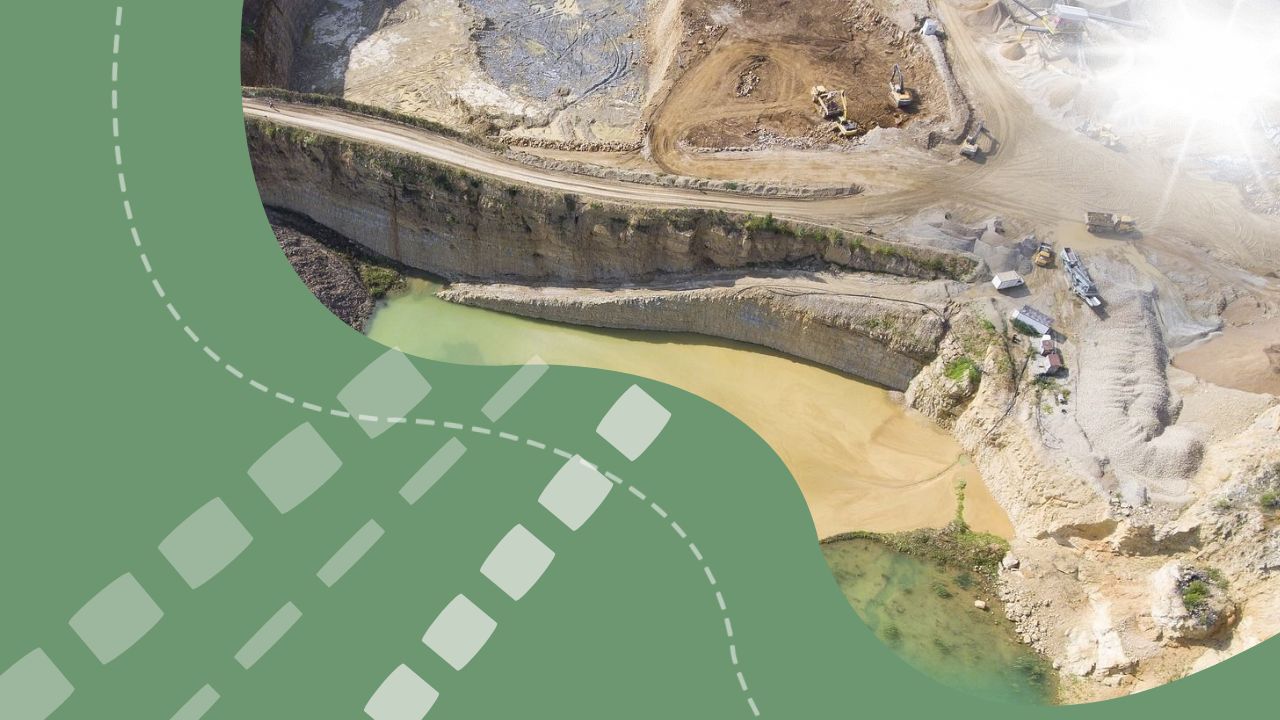A legal battle is unfolding between Greenland’s government and Australian mining company Energy Transition Minerals (ETM) over the halted Kvanefjeld rare earth mining project. The Greenlandic authorities banned uranium mining in 2021 due to environmental concerns, effectively blocking the proposed $7.5 billion open-pit mine near the town of Narsaq. ETM, which had already invested over $100 million in the site, is now suing for $11.5 billion, arguing that the ban constitutes expropriation.
Greenland has a history of pollution from past mining operations, with toxins still affecting marine life decades later. The government, led by the Inuit Ataqatigiit party, insists that protecting the environment and public health must come first. However, ETM, backed by litigation finance firm Burford Capital, argues that Greenland’s shift in policy unfairly deprived investors of expected profits.
The case, which hinges on an investor-state dispute settlement (ISDS) mechanism, highlights a growing global trend where corporations sue governments over environmental regulations. Experts warn that such claims could pressure smaller nations into reversing environmental policies.
As arbitration proceedings progress, Greenland remains firm in its stance. “They try to bully us and make us feel small. That’s not going to happen,” says Greenland’s mining minister, Naaja Nathanielsen. Meanwhile, Narsaq residents remain divided—some fear the mine’s impact on water and ecosystems, while others see economic opportunity. The case’s outcome could set a precedent for how environmental policies withstand legal challenges from the mining industry.
